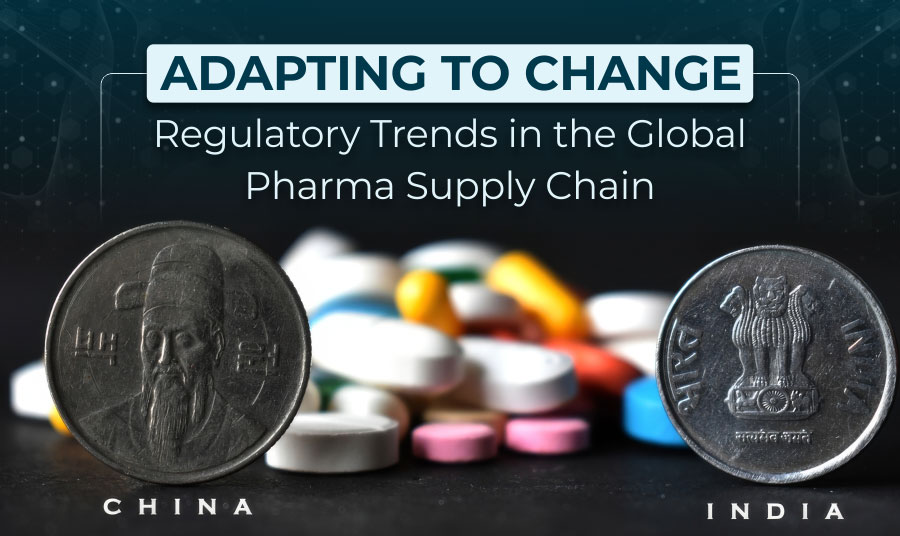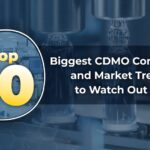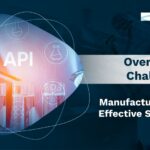Explore the evolving regulatory landscape in the global pharma supply chain, focusing on key trends, challenges, and strategies for compliance and adaptation.
2018 is expected to be a transformative year for the API industry. Over the last two decades, China has become the central, global source of APIs and intermediates to the global pharmaceutical industry. That’s beginning to change. The prices of APIs and intermediates are moving up. Supply sustainability can no longer be taken for granted as the Chinese government clamps down on factories which fail to comply with environmental norms.
While the industry has been focused primarily on low-cost sourcing solutions, the absence of assured supply is something companies need to start preparing for as interrupted supply will lead to a loss of market share that companies may find difficult to regain.
Although India submits more than 50 percent of the drug master files (DMFs) for APIs to the US Food and Drug Administration (USFDA), almost all bulk APIs and key starting materials (building blocks) are being sourced from China.
In addition, concerns over GMP compliance continue to emerge out of India and China. While the number of non-compliances for API manufacturing were relatively low in 2017, we expect the USFDA to overcome its staffing challenges this year and increase its inspections in Asia.
And view of a changing regulatory compliance landscape where ICH Q11 is increasing the emphasis on selection of key starting materials, new API supplier selection needs to meet the current requirements of global regulators.
Regulatory inspections are now beginning to focus a lot more on the ability to handle deviations and out-of-specification (OOS) issues. Therefore, it has become critical to ensure that the right organization is supporting the project which can handle deviations in a way that will address investigator’s concerns during upcoming regulatory inspections.

With over 30 years of industry experience, CRMO has developed an expertise in project outsourcing. We are now sharing our Project Outsourcing Guide to assist other companies in their project outsourcing journey.
Selecting the right strategic partner and having the right oversight to ensure that project costs and timelines are maintained without compromising on any quality or regulatory standards is imperative for all organizations looking for CMOs (contract manufacturing organizations).
At PharmaLinkage we also assist vendor QA functions with the required level of expertise to ensure consistent compliance and timely responsiveness to regulatory queries.
We also provide the necessary risk assessment services to ensure GMP and non-GMP starting materials are well selected. This way, we can keep projects on track through accurate forecasting and monitoring, and ensure timely delivery of products. It is also imperative to facilitate clear and open communication channels which are key to a successful transfer or development of any product.
We prize our focus on confidentiality so that technology transfers occur seamlessly. And over time, we remain a trusted outsourcing partner for the industry.
Global Pharma
Global Pharma
Comments are closed.












